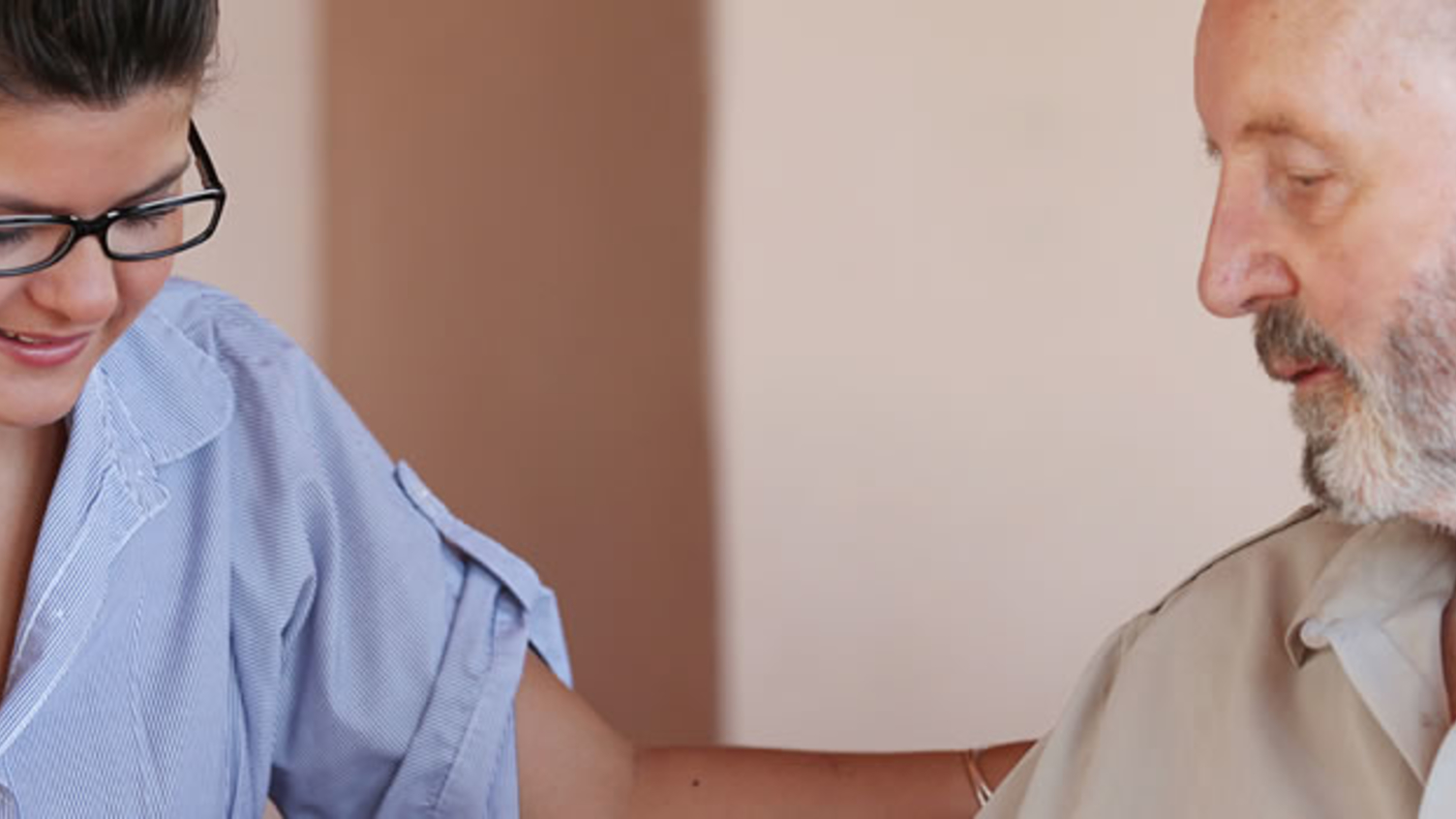Parkinsons

About this PSP
This PSP was initiated by Parkinson's UK. Through the survey, 1,000 people with Parkinson's, their carers, and healthcare and social care professionals identified everyday issues which lacked firm evidence to direct their management.
The organisations represented on the Steering Group included Parkinson's UK, Cure Parkinsons Trust, King's College Hospital, University College London Hospital, and the University of Southampton.
The Parkinson's PSP Top 10 was published in November 2014.
PSP website
Articles and publications
Impact after the Top 10
Top 10 priorities
- What treatments are helpful for reducing balance problems and falls in people with Parkinson’s?
- What approaches are helpful for reducing stress and anxiety in people with Parkinson’s
- What treatments are helpful for reducing dyskinesias (involuntary movements, which are a side effect of some medications) in people with Parkinson’s?
- Is it possible to identify different types of Parkinson’s, eg, tremor dominant? And can we develop treatments to address these different types?
- What best treats dementia in people with Parkinson’s?
- What best treats mild cognitive problems such as memory loss, lack of concentration, indecision and slowed thinking in people with Parkinson's?
- What is the best method of monitoring a person with Parkinson's response to treatments?
- What is helpful for improving the quality of sleep in people with Parkinson's?
- What helps improve the dexterity (fine motor skills or coordination of small muscle movements) of people with Parkinson's so they can do up buttons, use computers, phones, remote controls etc?
- What treatments are helpful in reducing urinary problems (urgency, irritable bladder, incontinence) in people with Parkinson's?
The following questions were also discussed and put in order of priority at the workshop:
- What treatments would ensure the medications were equally effective each day (prevented/managed wearing off, variability, on/off states) in people with Parkinson's?
- What drug treatments are best for the different stages of Parkinson's?
- What interventions are effective for reducing or managing unexplained fatigue in people with Parkinson's?
- Can we develop accurate tests/techniques to determine medication timing and amount (dose)?
- What is the best treatment for stiffness (rigidity) in people with Parkinson's?
- What is the best type and dose of exercise (physiotherapy) for improving muscle strength, flexibility, fitness, balance and function in people with Parkinson's?
- What best helps prevent or reduce freezing (of gait and in general) in people with Parkinson's
- At which stage of Parkinson's is deep brain stimulation (a surgical treatment that involves implanting a 'brain pacemaker' that sends signals to specific parts of the brain) most helpful?
- What treatments are helpful in reducing bowel problems (constipation, incontinence) in people with Parkinson's?
- What treatments are effective in reducing hallucinations (including vivid dreams) in people with Parkinson's?
- What training to improve knowledge and skills do informal carers (family and friends) need in order to best care for people with Parkinson's?
- Can medications be developed to allow fewer doses per day for people with Parkinson's? (For example combinations of medications in one pill, slow release pills.)
- What is the best treatment for pain in people with Parkinson's?
- What treatments are helpful for swallowing problems (dysphagia) in people with Parkinson's?
- What training, techniques or aids are needed for hospital staff, to make sure patients with Parkinson's get their medications correctly and on time?
- What treatments are helpful in reducing tremor in people with Parkinson's?